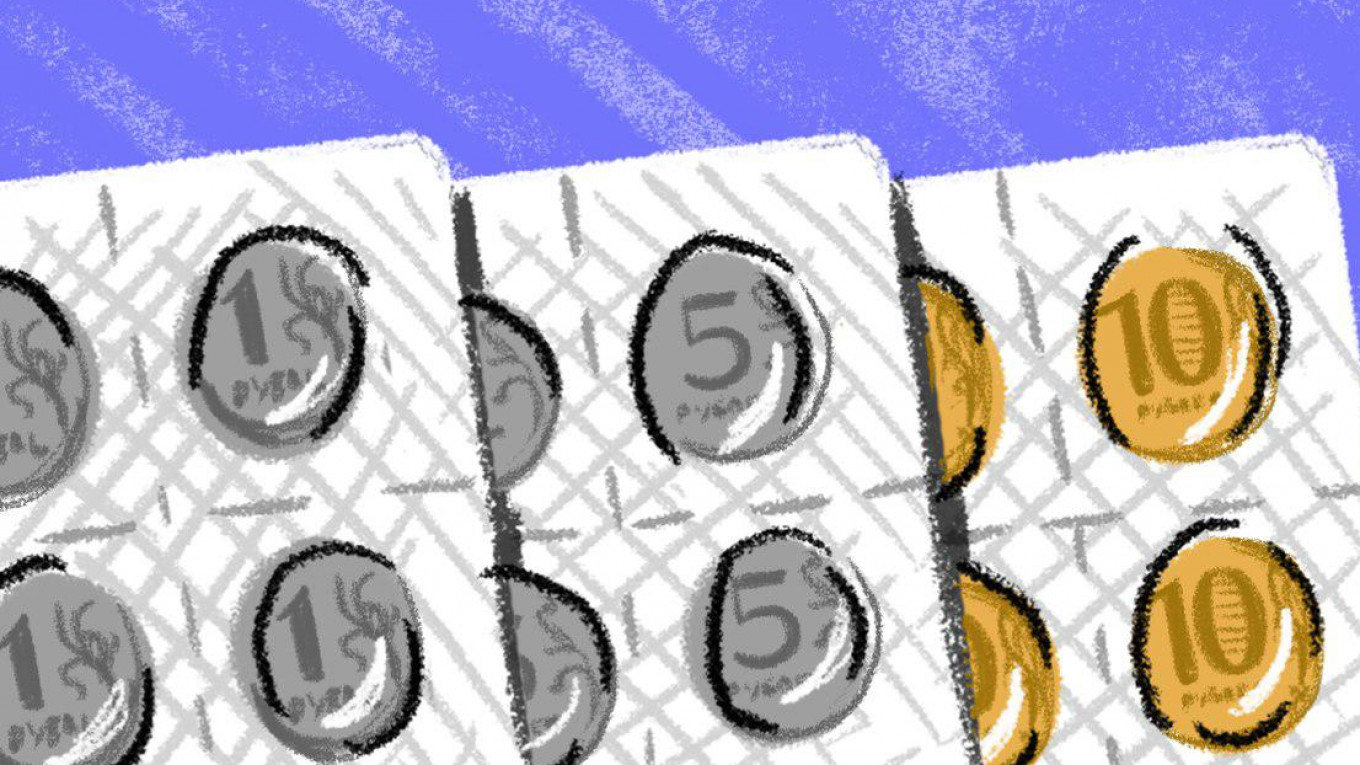Russians’ dependence on social welfare is economically burdensome but politically advantageous. The state is driving itself into a corner by making citizens addicted to social payouts – after all, welfare budgets have a way of drying up during economic crises.
According to the State Statistics Service, government handouts accounted for 19 percent of the average Russian’s income in 2016. During the Soviet period, it was 15 percent. But that is only the average. According to the World Bank, as many as 40 percent of all Russians derive 50 - 60 percent of their incomes from government handouts.
The raise in pensions in 2010 contributed to that shift. But this redistribution stems primarily from a decline in business-related income. Paternalism is replacing individual initiative and people are increasingly relying more on the government and less on themselves. Business-related income now accounts for only 8 percent of total revenues, or about half of the amount of social payments. That ratio was almost 1:1 in 2007.
However, government money is not necessarily improving the lives of those addicted to the dole. Real incomes have fallen over the last three years in the private sector and – according to the World Bank– in the public sector as well. The proportion of people living below the subsistence level reached 14 percent in September 2016, up from 11 percent in 2013.
Moreover, those below the poverty line are not the primary recipients of social support. The poorest 20 percent of the population account for only 25 percent of entitlement payments. Currently, the system does not actually serve the neediest citizens but exists to reward those who work for the state.
The general population is increasingly dependent on budgetary payments.
The paternalistic relationship between government and citizens is the result, not only of the high percent of social payments in individuals’ incomes, or the fact that the state is the country’s largest employer, but also of the limited buying power of the majority of the people, says Marina Krasilnikova of the Levada Center, and independent pollster.
As a result, most Russians cannot afford to buy an apartment, access professional medical care, obtain a high-quality education, or provide for themselves in their old-age.
Their dependency makes them hostages to the state, and therefore, a reliable pro-government electorate.
However, their loyalty is not so much a political choice as it is the lack of any alternative. And, according to the Levada Center, it is not the support of the poor, but of the rich that accounts for the lion’s share of the president’s high approval rating.
A Message from The Moscow Times:
Dear readers,
We are facing unprecedented challenges. Russia's Prosecutor General's Office has designated The Moscow Times as an "undesirable" organization, criminalizing our work and putting our staff at risk of prosecution. This follows our earlier unjust labeling as a "foreign agent."
These actions are direct attempts to silence independent journalism in Russia. The authorities claim our work "discredits the decisions of the Russian leadership." We see things differently: we strive to provide accurate, unbiased reporting on Russia.
We, the journalists of The Moscow Times, refuse to be silenced. But to continue our work, we need your help.
Your support, no matter how small, makes a world of difference. If you can, please support us monthly starting from just $2. It's quick to set up, and every contribution makes a significant impact.
By supporting The Moscow Times, you're defending open, independent journalism in the face of repression. Thank you for standing with us.
Remind me later.







